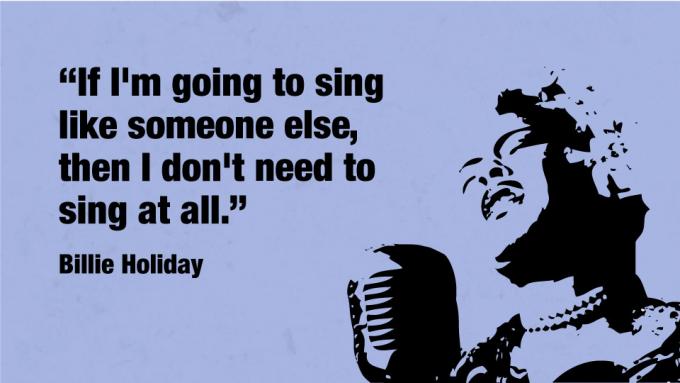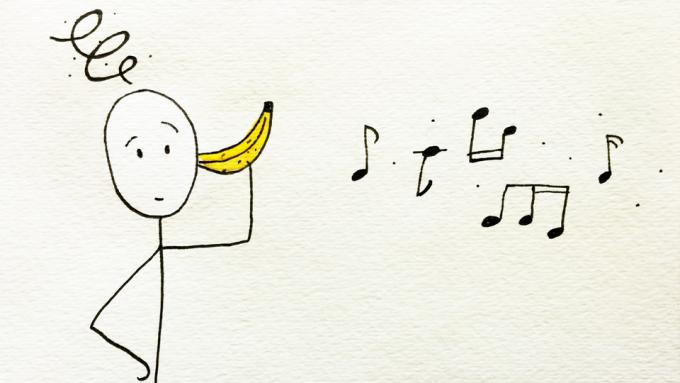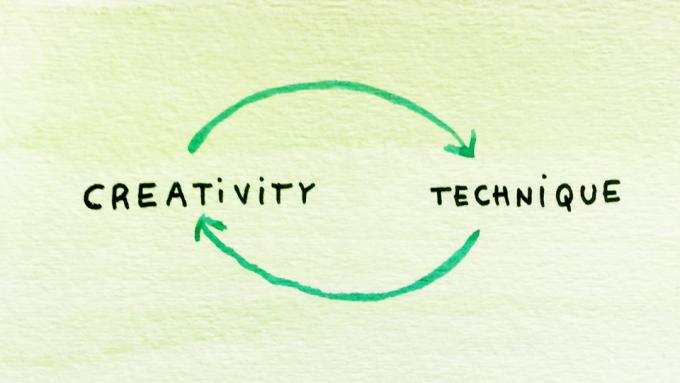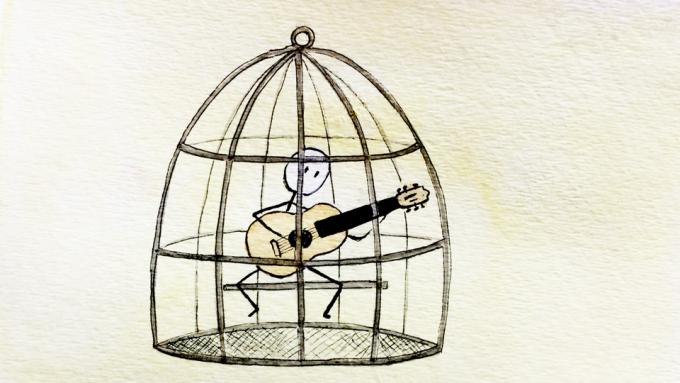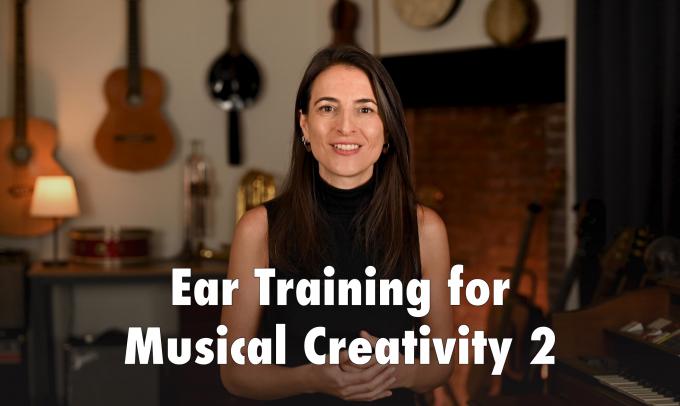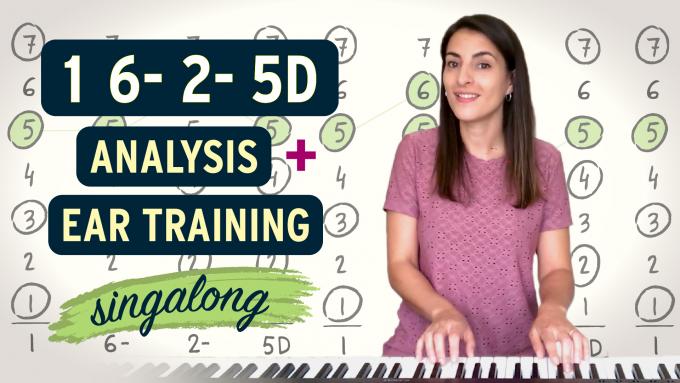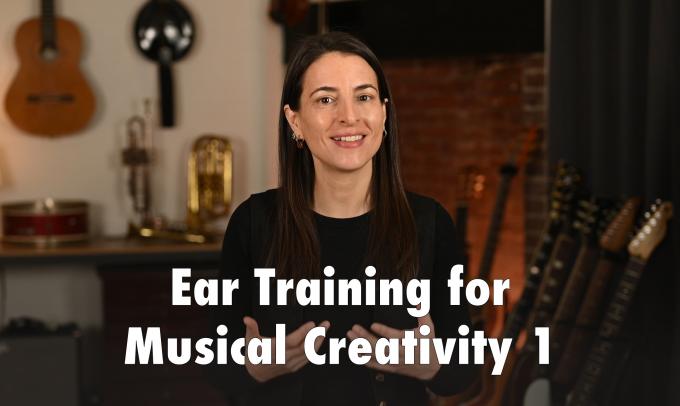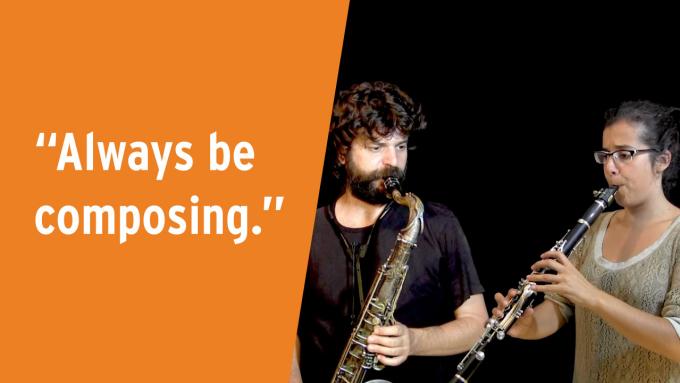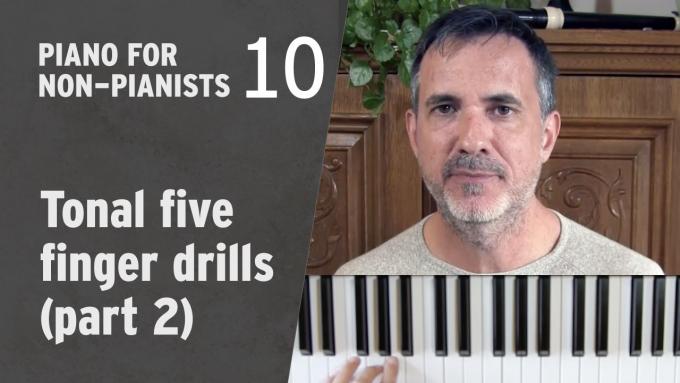In this video I’ll show you how to use the IFR exercise ‘Melody Paths’ to understand the inner workings of any chord progression so that you can access all of these beautiful sounds in your improvisations.
In IFR, we believe that the musicians who follow their own imagination are the ones who change the world. And we want to help you discover your musical voice and to share it with the world.
I have always had a terrible ear and I feel that it's preventing me from making the most of your method. There seem to be just two sorts of musicians: the ones who can play by ear and the ones who just can't. Can you help me?
Instrument technique and improvisation are two practices that feed one another: we need technical skills to be able to express ourselves creatively, and when we improvise we put into practice and consolidate our technical skills.
Thank you for writing your book. I really like your philosophy. Can you explain the difference between the IFR system and the CAGED system?
This is a practice video for Improvise for Real students who want to understand and internalize the chord progression 1, 6-, 2-, 5D. First, we will understand the role of each chord in the progression, and then we will practice ear training with the Melody Paths exercise.
Imagine being able to listen to a song and recognize every note of the melody by ear. What would that do for your musical creativity and improvising? In this video course you will learn how to develop this ability, adding a whole new creative dimension to your improvising.
In this video we demonstrate several examples of one of our favorite musical principles, which is to use every musical exercise as an opportunity to practice the art of musical storytelling.
In this lesson we'll break our tonal five finger drills out of their original tonal context and learn to create them anywhere on the piano keyboard.

